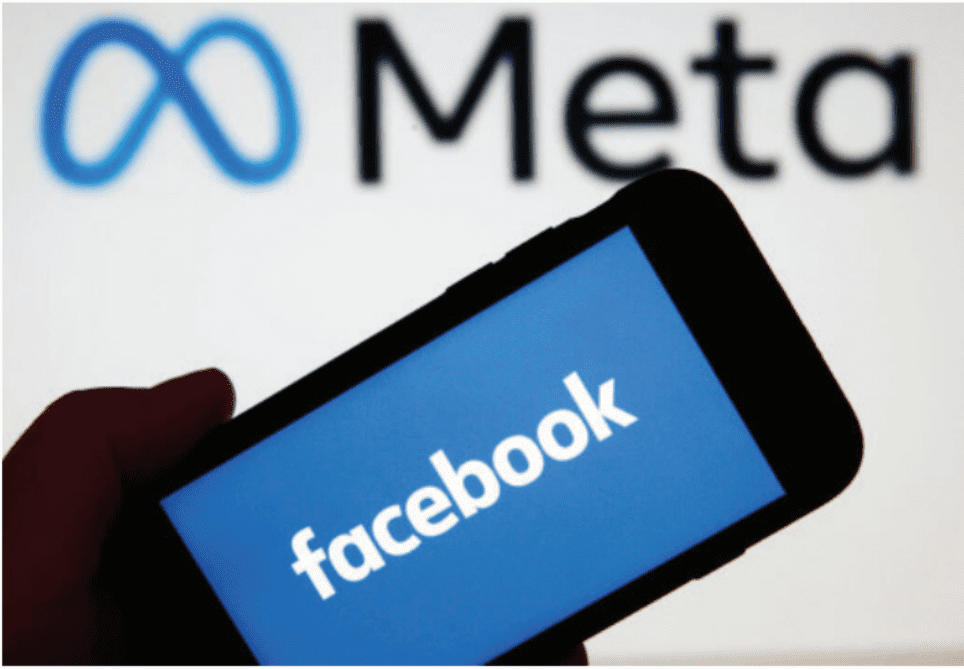
The word ‘metaverse’ continues to be clouded in plenty of discussion post Facebook’s announcement to rebrand the parent company to Meta on 28th October 2021 at the annual Connect conference. The announcement encourages the reimagining of the internet through the metaverse, a proposed online three-dimensional virtual space created with artificial intelligence, augmented reality, and virtual reality. Initially, the term ‘Metaverse’ was coined by Neal Stephenson in his book, ‘Snow Crash,’ was a 1992 dystopian concept within the science fiction novel. The term ‘metaverse’ combines ‘Meta’ (literally meaning ‘beyond’) and ‘universe,’ which refers to the replacement of reality with a digital universe. The metaverse would allow users to use digital avatars for a more ‘physical’ online presence through virtual reality Oculus headsets. The idea of the immersive internet fast changes the concepts of the real and the digital. According to Mark Zuckerberg, the primary function of the metaverse would allow users to enter the cyberspace for social interactions in both entertainment and networking settings as well as the possibility to conduct professional meetings online. With the announcement of the Meta rebrand at the company’s conference, he has also stated that this shift would create nearly 10,000 jobs within the European Union as part of the expansion. Meta (formerly Facebook) now joins companies such as Roblox, Nvidia, Microsoft and gaming companies such as Epic Games, the developer of Fortnite, in their investment in the metaverse. Meta has already spent billions of dollars in investment for their Reality Labs Divisions that work specifically for AI, VR, and AR. Observers have also considered the timing of the rebrand curious, considering the company’s recent contro-versies and the backlash it is currently facing from the public and essential stakeholders. Facebook has been dealing with problems including the spread of disinformation, inadequate action against problematic rhetoric, fuelling political polarisation, and harm towards users and their data privacy. According to the internal company communications of its employees, there is also worry about the lack of regulation in this technologically unprecedented grey area. The responsibility of preventing a dystopian reality and its regulation must be taken into consideration to create Facebook’s shift from a social media platform to a social metaverse has got both supporters and critics vocal in terms of what this means for the internet of tomorrow. Although the extended timeline is ten years or more for the full realisation of the metaverse, the parent company’s shift from Facebook to Meta, has made the tomorrow of the internet seem just a little bit closer today.
safe precedents for this unregulated space.
10 Jan 2022
Hannah Sarasu John